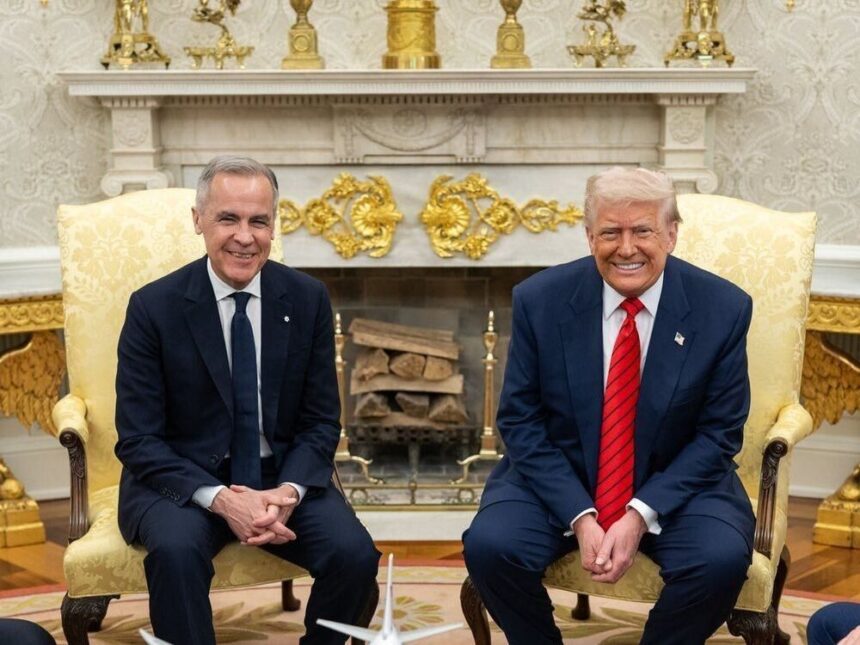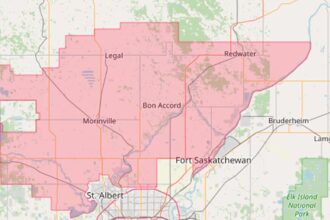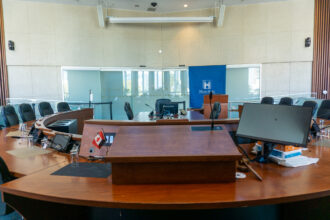As Canada prepares to take the helm of the G7 in 2025, former Prime Minister Jean Chrétien has emerged with timely counsel for Mark Carney, who may be navigating the complex diplomatic waters with a potentially returning President Donald Trump. The stakes couldn’t be higher as global tensions mount and economic uncertainties persist across borders.
“You have to know how to deal with the Americans,” Chrétien advised during a recent interview, drawing from his extensive experience managing Canada-U.S. relations across multiple administrations. “They are our neighbors, and we need them. But they need us too. Don’t forget that.“
Chrétien’s diplomatic playbook emphasizes the delicate balance of standing firm on Canadian interests while maintaining productive dialogue. His approach with former President Bill Clinton offers valuable insights: establish personal rapport early, identify mutual priorities, and create win-win scenarios that serve both nations.
The former Liberal prime minister, who served from 1993 to 2003, navigated complex negotiations including NAFTA implementation and security cooperation following the September 11 attacks. His strategies for dealing with powerful neighbors could prove invaluable as Canada potentially faces a second Trump presidency amid escalating global challenges.
Mark Carney, former Bank of Canada and Bank of England governor, recently entered politics with ambitious aims. As a potential key player in Canada’s political landscape, his economic expertise will be crucial if he assumes a leadership role during the G7 summit.
“The relationship between Canada and the United States transcends individual personalities,” noted Dr. Melissa Thompson, professor of international relations at the University of Toronto. “However, personal dynamics between leaders can significantly influence policy outcomes, especially with a leader like Trump who places high value on personal relationships.”
Canada’s 2025 G7 presidency comes at a critical juncture in world affairs. Rising geopolitical tensions, climate change challenges, and the ongoing transformation of global trade present both obstacles and opportunities for Canadian leadership on the international stage.
The current Liberal government has begun preparations for the summit, with Prime Minister Justin Trudeau emphasizing that “Canada will showcase its leadership on pressing global issues while promoting our fundamental values of democracy, human rights, and economic prosperity.”
Economic considerations will undoubtedly dominate the agenda. Canada’s business community remains concerned about potential trade disruptions should Trump return to office with his “America First” policies. Carney’s background in central banking positions him uniquely to address these concerns.
“Carney understands the economic intricacies better than most politicians,” explains financial analyst Robert Chen. “His challenge will be translating that expertise into effective diplomacy if he’s at the table with Trump, who often approaches international relations through a transactional lens.”
Canadian officials are reportedly developing contingency plans for various scenarios, including strategies to protect key Canadian industries from potential tariffs while maintaining essential cross-border supply chains.
As preparations intensify, Chrétien’s parting advice remains particularly resonant: “Remember, you’re representing Canada. Be firm, be respectful, but never appear weak. That’s how you earn respect on the world stage.“
The question now facing Canada’s leadership: Can the lessons from previous administrations successfully navigate the unpredictable currents of modern geopolitics, or will new approaches be required to address the unique challenges of our time?











